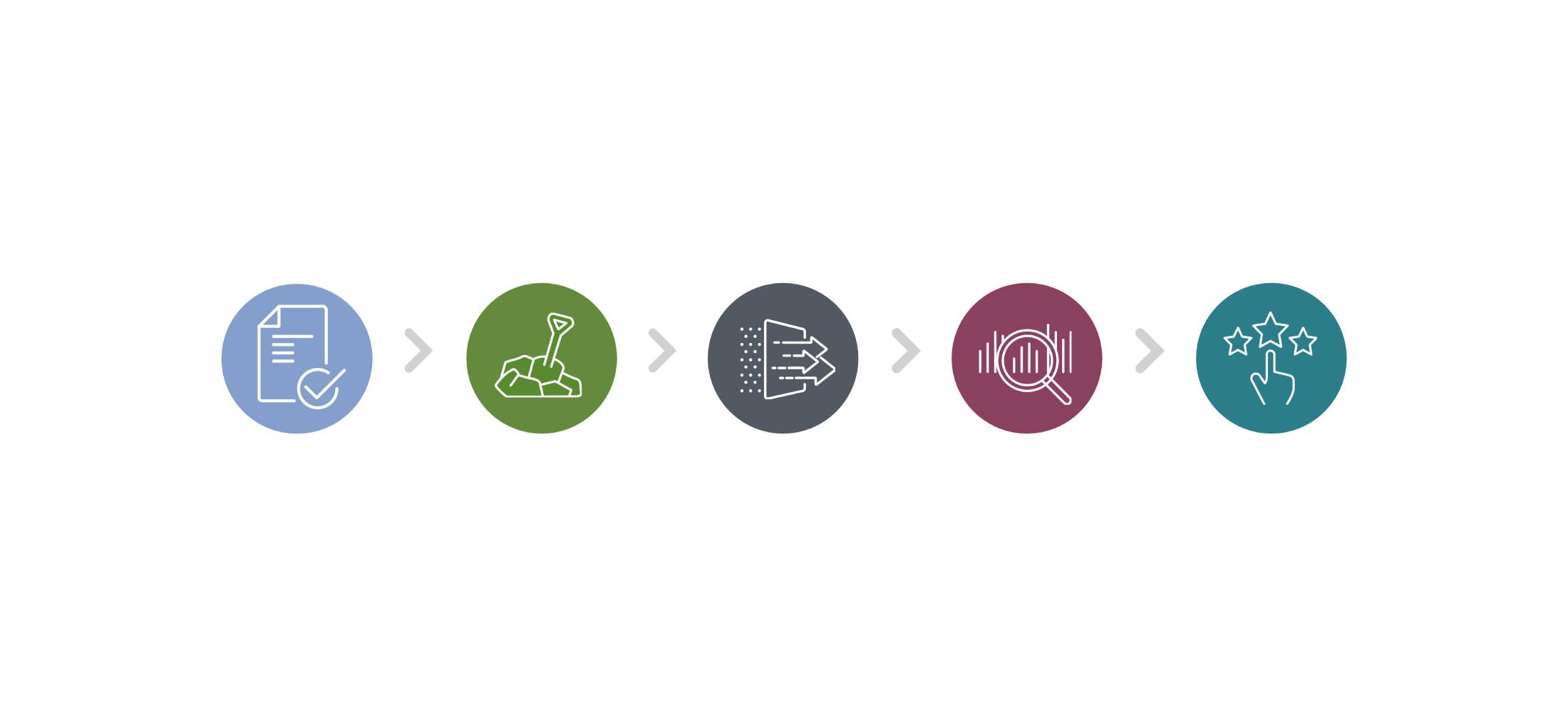
As the saga of life in a COVID-19 world rolls on, I find myself reflecting back on my days as a teacher, particularly that trying first year on the job. It was exhausting, overwhelming, and exciting, all at the same time—an experience that left an indelible impression on me.
While that first year of teaching was challenging to say the least, I can’t imagine having to navigate those challenges while also coping with everything that the pandemic has thrown at educators. With high teacher turnover rates and teacher shortages already facing our education system, how can new teachers receive the support they need to stay in the profession?
I reached out to a few new teachers to understand how they’re making their way through this year and what they need to be successful. Mentorship is one strategy that rose to the top.
Alongside veteran teachers, new teachers are feeling stress due to lack of preparedness for teaching in a virtual environment. In addition to learning new methods for teaching their students, they are learning how to build classroom culture, connect with other educators, and workshop (on the fly) what virtual learning tools work best.
During this hectic time, professional learning communities and the mentorship opportunities they provide can be a big help. And evidence shows that mentoring programs are an effective strategy for schools to support new teachers.
Relationships are at the heart of education after all, and mentor–mentee relationships are among the most important for educators. Fostering relationships between veteran and rookie teachers may be tougher these days, but it’s arguably more important than ever as we look to support one another during these challenging times.
“(Mentor–mentee relationships) now require a higher level of intentionality and are less organic than when teachers had the opportunity to chat in the hallway,” explains Julie McEldowney, a mentor teacher in Aurora Public Schools.
Here are a few tips for mentors to keep in mind for building mentor–mentee relationships while navigating the COVID-19 pandemic:
- Be accessible through multiple channels such as text, email, and videoconferencing. Connecting when you can’t chat in the hallway means being more intentional about making time to connect.
- Create space for new teachers to be vulnerable and honest when sharing their struggles and successes. Teachers feeling connected with someone who is invested in their success is even more critical during this time of social distancing.
- Get to know as much as possible about the new teacher you’re mentoring and their situation outside of school. Have they moved to an unfamiliar community? Are they living alone and struggling to make new connections because of social distancing? Do they have responsibilities as a caregiver? Gain a more comprehensive understanding of their struggles and how you can help.
By staying focused on meaningful relationships, reciprocal professional learning, and opportunities for observation and feedback, we can forge successful mentor–mentee relationships virtually and, hopefully, enhance those relationships once we’re finally able to meet without restrictions!



